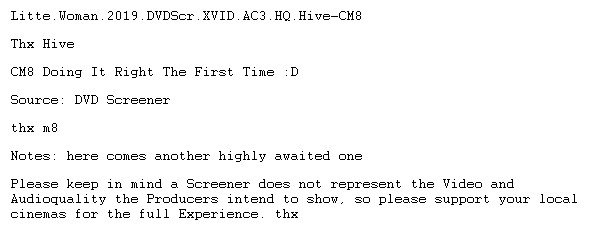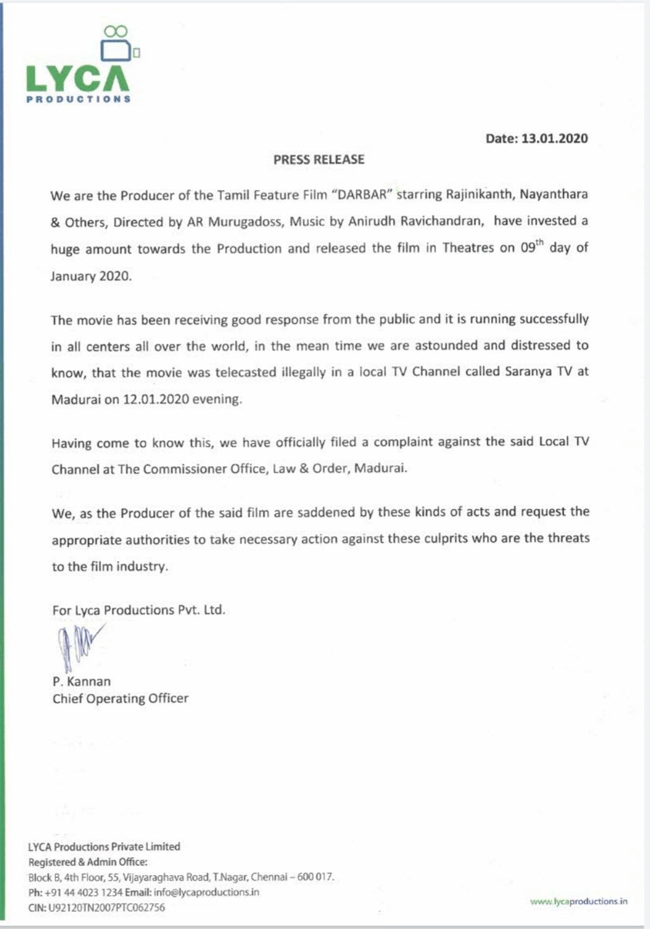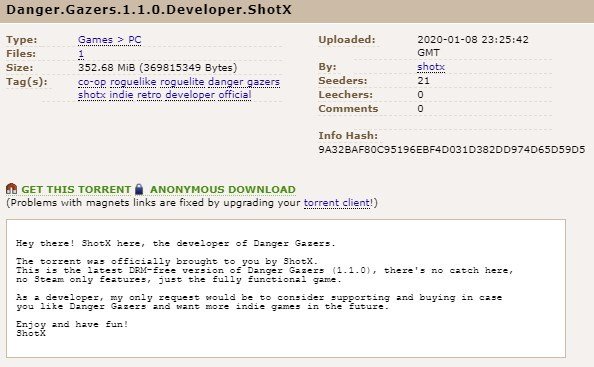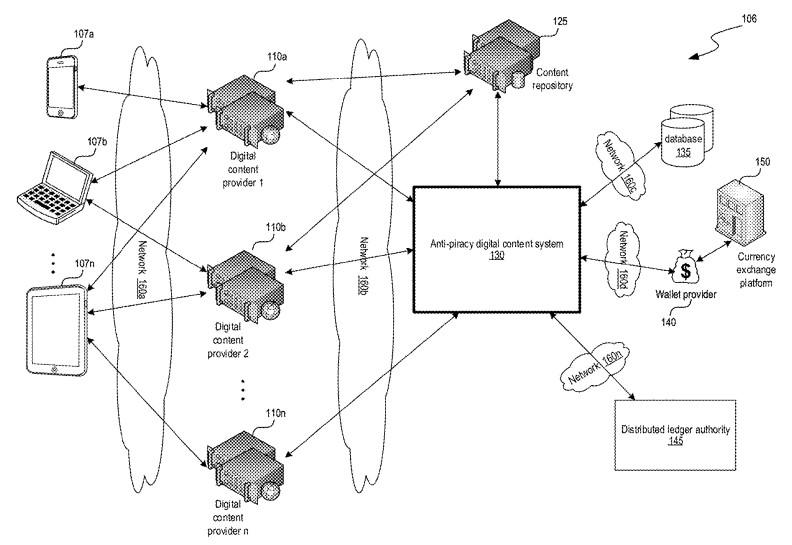
As reported here on TF last Sunday, communication issues with the registry led to the domain expiring and it was quickly snapped up by Bulgarian expired domain specialist Kalin Karakehayov.
“[T]he domain k.im was registered by me, Kalin Karakehayov for personal use while it was in an available status. I intend to put nice, non-commercial stuff there like my Google awareness campaign,” Karakehayov informed TF.
Kim Dotcom, on the other hand, was less pleased with the acquisition. Describing Karakehayov as a “domain squatter”, he told us that a dispute was underway to reclaim the domain since “fraudulent behavior” had been displayed by its new owner. Having a trademark for the term ‘K.im’ would work in the project’s favor, he predicted.
Now, just a few days later, the K.im project has cause to celebrate. Documents shared with TorrentFreak by Kim Dotcom reveal that following a dispute process filed with the Isle of Man registry in charge of the domain, it has been ordered to be returned to the company behind the K.im project.
To get to this stage hasn’t been straightforward, however. The decision reviewed by TF reveals that the ‘Listed Correspondent’ for the K.im domain wasn’t initially Kalin Karakehayov himself but a third-party identified only as Max Guerin.
This individual reportedly entered into ‘negotiations’ with BitCache, the company behind the K.im project, to return the domain and during a December 9, 2019 conference call, set a price of $100,000 to sell it back. During a Telegram conversation a day later, the price was reportedly switched to $50,000 upfront followed by payments of $5,000 per month or the same value in BitCache stock.
Whether the K.im project had any real intention of buying the domain back is unclear but ultimately its operating companies decided to file a complaint to have the domain returned.
As part of the process, the .im registry contacted “Listed Correspondent” Max Guerin but received no response. However, on January 6, 2020, Kalin Karakehayov (since designated as the ‘Actual Correspondent’) provided evidence that he is the owner of the domain.
“The Actual Respondent states that the Listed Correspondent is not the proper party to the dispute and that he has had no personal contact with the Listed Correspondent in any shape or form,” the decision notes.
Karakehayov told the registry that the domain was registered for his personal, non-commercial use “with the idea to benefit humanity” and was not intended to breach K.im’s trademarks. In the end, however, the registry determined that the domain should be returned to BitCache’s holding company on the basis that the registration after expiry had been abusive.
“I conclude that the Domain Name k.im should be transferred to the Complainant immediately upon the expiry of the appeal period,” the registry’s designated official writes.
That appeal period is 10 days from January 15, 2020, and according to Karakehayov, he intends to put it to use by contesting the decision.
“[The decision] does not seem fair to me and I intend to appeal it,” Karakehayov informs TorrentFreak.
Source: TF, for the latest info on copyright, file-sharing, torrent sites and more. We also have VPN reviews, discounts, offers and coupons.


 Five years ago, Popcorn Time was widely embraced by pirates, thanks to its ability to stream torrent files through a user-friendly interface.
Five years ago, Popcorn Time was widely embraced by pirates, thanks to its ability to stream torrent files through a user-friendly interface.
 Yesterday
Yesterday 



 Online piracy is an issue that affects many industries and indie game development is certainly no exception.
Online piracy is an issue that affects many industries and indie game development is certainly no exception.




 This week we have two newcomers in our chart.
This week we have two newcomers in our chart.

 American satellite and broadcast provider
American satellite and broadcast provider 